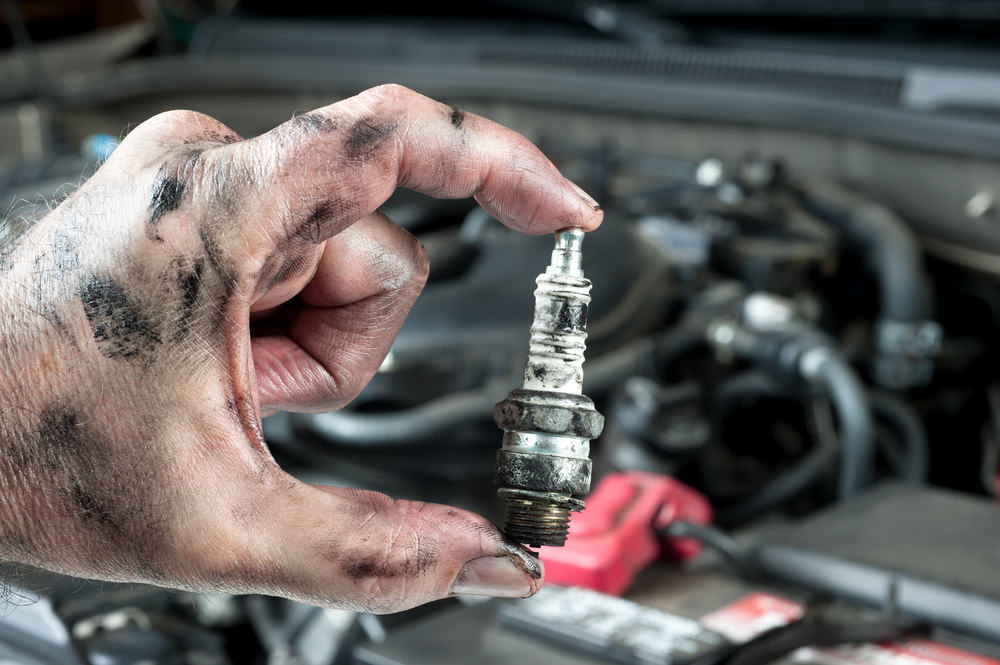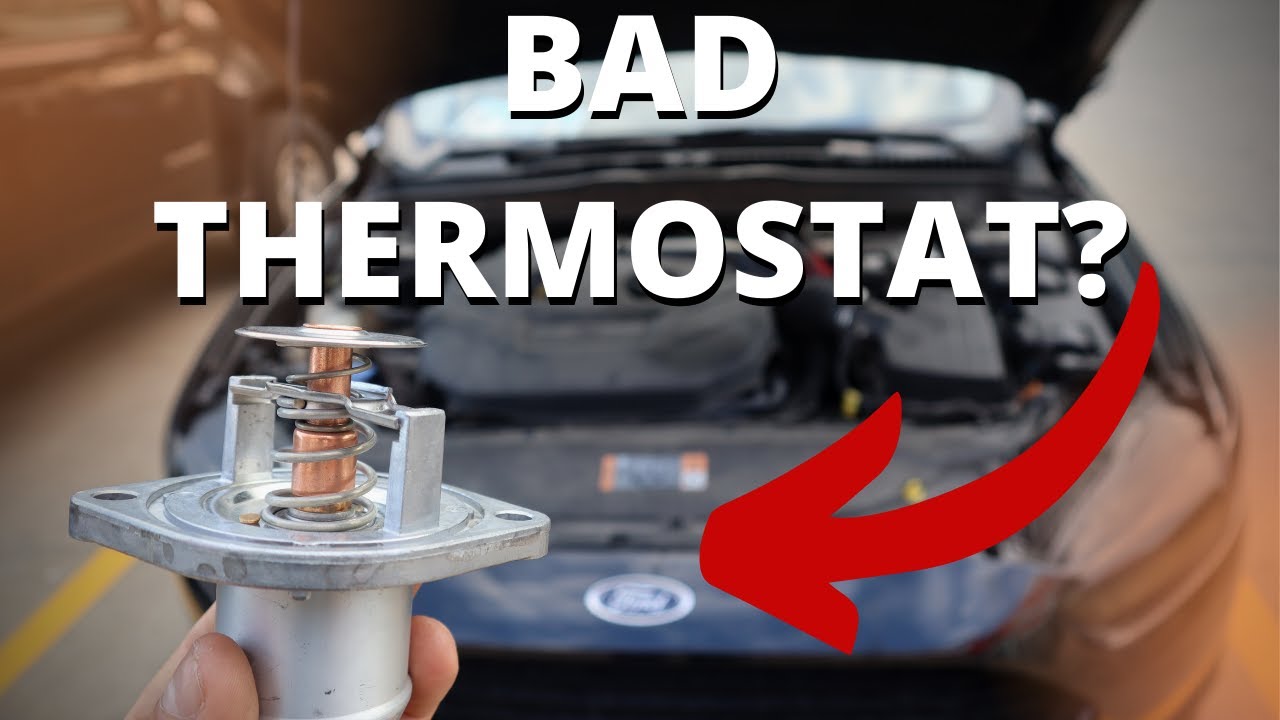Can a Bad Ignition Switch Cause a Misfire
A bad ignition switch can indeed lead to a misfire in an engine. The switch’s failure can disrupt the electrical flow, causing misfires.
Understanding the role of an ignition switch is crucial for vehicle maintenance and troubleshooting. This component is fundamental in powering the vehicle’s ignition system, fuel system, and electrical accessories. A faulty ignition switch can disrupt the ignition process, compromising the spark that ignites the air-fuel mixture in the engine’s cylinders.
This disruption can result in a misfire, where one or more cylinders fail to fire correctly, leading to reduced engine performance, increased emissions, and potential damage to the engine. Recognizing the correlation between a misfire and a defective ignition switch is vital for drivers and mechanics alike to ensure prompt repairs and maintain optimal vehicle performance. Regular checks and maintenance can prevent such issues and prolong the vehicle’s lifespan.

Credit: www.yourmechanic.com
Symptoms Of A Failing Ignition Switch
An ignition switch acts as the car’s starter button. It controls power to many car parts. When it goes bad, your car may have issues. Let’s explore these issues to understand the symptoms better.
Engine Misfires And Stalling
Engine misfires or stalling can happen if an ignition switch fails. This is because the switch might not send correct electric signals to the engine. These signals control the spark plugs that start the engine. Misfires occur when the engine doesn’t get enough power.
- The engine coughs or chugs.
- The car might stall at stops or during slower speeds.
Stalling means the engine stops running suddenly. This is dangerous while driving. Maintaining the switch helps avoid these problems.
Difficulty In Starting The Car
When the ignition switch fails, starting the car can be hard. Power from the battery struggles to reach the engine. Signs include:
- The key turns but the engine does not crank.
- Dash lights flicker or dim when starting.
Early detection of these signs can prevent being stranded. If noticed, get your car checked.

Credit: shop.advanceautoparts.com
The Role Of The Ignition Switch In Engine Performance
A car’s engine performance hinges on many components working in harmony. One such component is the ignition switch. It’s a vital link in the chain that gets your engine roaring to life. A faulty ignition switch can disrupt this harmony, possibly leading to engine misfires. So what role does this switch play? Let’s ignite our understanding of its importance.
Electric Current’s Path
When you turn the key, the ignition switch becomes an electrical bridge. It channels electricity to necessary car systems. Imagine it as a gatekeeper, controlling the flow of power. A malfunction here can stop electricity. Your engine might then struggle or fail to start properly.
- Initiates energy flow
- Supplies power to the engine control unit (ECU)
- Impacts fuel and ignition systems
Signal To The Ignition System
The ignition switch also sends a critical signal. This signal sparks life into the engine. It tells your car’s spark plugs to do their job. If the plugs don’t spark, the fuel won’t ignite. A misfire can then occur if this signal gets disrupted.
| Function | Importance |
|---|---|
| Starting the Engine | Essential for ignition |
| Engine Performance | Affects efficiency and power |
A bad ignition switch can cause misfires by interrupting this signal. The vehicle will have poor performance and efficiency. Regular car maintenance checks are thus critical. They help spot ignition switch issues before they escalate.
Remember to provide clear value in every section of your content to keep the reader engaged. Use short sentences and bullet points to make information easy to digest. Apply HTML tags where necessary to emphasize key points and organize the content logically.Understanding Engine Misfires
Engine misfires occur when one or more cylinders fail to fire properly. This can lead to performance issues, increased emissions, and potential engine damage. Identifying and resolving misfires quickly is crucial to maintaining your vehicle’s health.
Causes Of Misfires
Misfires can happen for various reasons:
- Faulty spark plugs: Worn or damaged plugs can’t ignite the fuel mixture.
- Ignition system issues: Problems with the coils, wires, or distributor.
- Fuel system faults: Clogged injectors or incorrect fuel pressure.
- Engine timing problems: If timing is off, cylinders may not fire at the right time.
- Air intake/vacuum leaks: Extra air can lean out the fuel mixture.
- Bad ignition switch: Can interrupt power to the ignition system, causing misfires.
Consequences Of Ignition Misfires
Ignition misfires pack a punch in terms of negative impact:
- Reduced engine power: The engine may feel sluggish or hesitant.
- Poor fuel economy: Unburnt fuel can escape, wasting gas.
- Increased emissions: This could lead to failed emissions tests.
- Engine damage: Over time, misfires can harm the engine.
Diagnosing Ignition Switch Problems
An ignition switch in poor condition might lead to engine misfires. It acts as a gateway for your vehicle’s spark. This makes diagnosing any problems with it crucial for smooth driving.
Let’s explore how to pinpoint issues with the ignition switch effectively.
Inspection Techniques
Start with a visual check of the ignition switch. Signs of wear and tear, like cracks or burns, can signal trouble.
- Test the key’s fit – it should slide in and out with ease and smoothness.
- Monitor for irregularities – unexpected sounds or catch points while turning the key can indicate an issue.
- Gauge electrical continuity – a disruption can lead to misfires.
Common Diagnostic Tools
Use these tools to diagnose ignition switch problems:
- Multimeter: Check for voltage variations. These determine the health of the switch’s electrical functions.
- Test light: It helps confirm power flow through the switch. A dim light or no light indicates an issue.
- OBD-II scanner: This tool reads codes from your vehicle’s computer. It can point to the switch if it’s the misfire’s source.
Solving Ignition Switch Issues
Is your car struggling to start or experiencing a misfire? The culprit could be a faulty ignition switch. This vital component can create a domino effect of engine problems. Understanding the connection between ignition switch issues and engine misfires is crucial for maintaining your vehicle’s health. Keep reading to learn the best steps to diagnose and address these issues.
Repair Vs. Replacement
Determining whether to repair or replace a bad ignition switch depends on the problem’s extent. Minor issues may only need simple repairs, such as adjusting connections or cleaning components. More serious faults often require a full replacement. A professional can provide a proper diagnosis.
Here are what a mechanic considers:
- Wear and Tear: If the switch has visible damage, replace it.
- Electrical Issues: Loose wiring can sometimes be repaired.
- Cost Efficiency: Compare the cost of repair versus replacement.
Prevention Tips For Ignition System Health
Maintaining your ignition system prevents misfires and extends your car’s lifespan. Regular checks can save time and money down the line.
- Examining your vehicle’s ignition components is the first step.
- Cleaning or replacing spark plugs can prevent future problems.
- Be mindful of the steering column to avoid damaging the ignition switch.
Key pointers to prevent ignition switch issues:
| Tip | Benefit |
|---|---|
| Regular inspections | Spot problems early |
| Avoid heavy keychains | Less stress on the switch |
| Quality parts | Longer lifespan |
Credit: www.quora.com
Frequently Asked Questions On Can A Bad Ignition Switch Cause A Misfire
Can A Faulty Ignition Switch Trigger Misfires?
A bad ignition switch can lead to misfires as it may cause intermittent power supply to the ignition system. This disrupts the engine’s combustion process leading to misfires.
What Symptoms Indicate A Bad Ignition Switch?
Symptoms can include engine stalling, difficulty starting, unexpected switch offs while driving, or electrical issues. These signals suggest a faulty ignition switch.
How Does An Ignition Switch Cause Engine Issues?
An ignition switch provides power to engine controls. If it’s faulty, it can disrupt the electrical flow, causing engine misfires and other performance problems.
Can A Misfire Damage My Vehicle Over Time?
Yes, continuous misfires can cause damage to the engine and its components. This can result in costly repairs if not addressed promptly.
Conclusion
A faulty ignition switch can indeed lead to engine misfires. It disrupts the electrical flow, causing irregular sparks. Regular maintenance can prevent such issues. Remember, timely diagnosis saves money and ensures road safety. Keep your vehicle’s ignition switch in check for a smoother ride.



